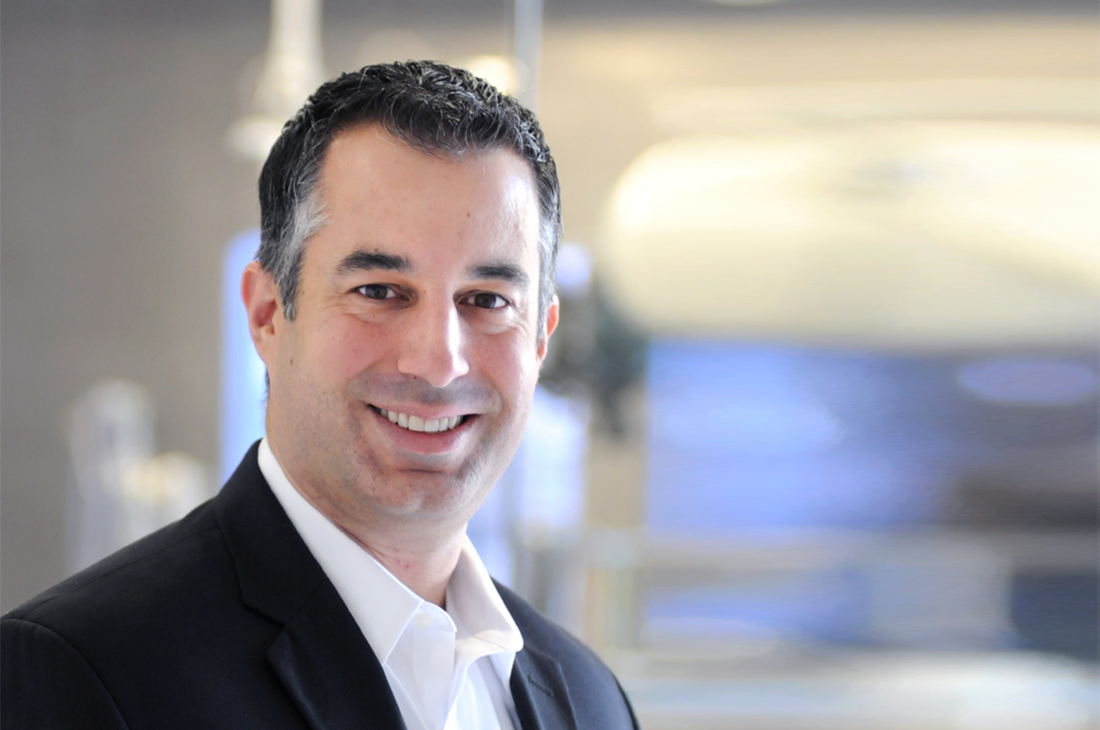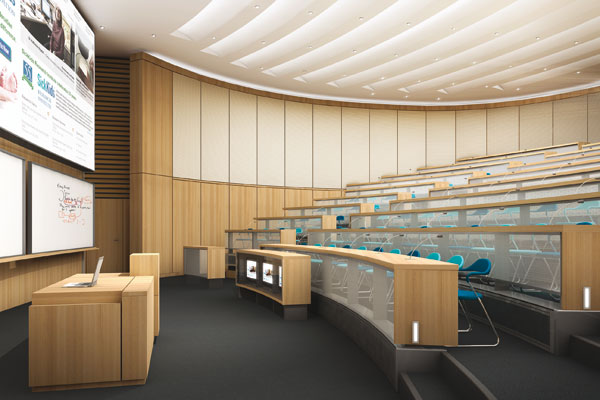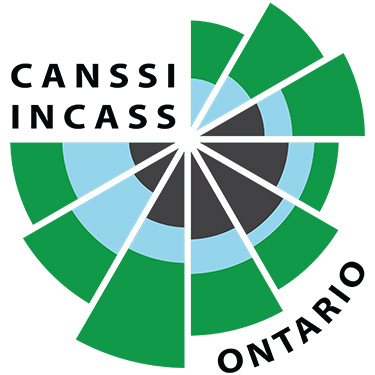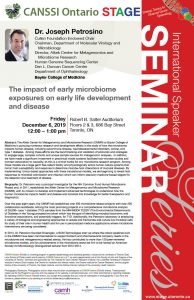
Join us for the December installment of the International Speaker Seminar Series (ISSS) with Dr. Joseph Petrosino, who is Chair of Molecular Virology and Microbiology at Baylor College of Medicine.
Talk Title
The impact of early microbiome exposures on early life development and disease.
Abstract
The Alkek Center for Metagenomics and Microbiome Research (CMMR) at Baylor College of Medicine is pursuing numerous research and development efforts in the study of how the microbiome impacts human disease, including autoimmune disease, neurodevelopmental disorders, cancer, and type 1 diabetes. Among these efforts are the benchmarking and validation of protocols and strategies to engage large, complex cohorts and unique sample sources for metagenomic analyses. In addition, we have made a significant investment in preclinical model systems facilitate host-microbe studies and connect association to causality, as this is a critical hurdle for any microbiome research program. Among these models are a large germ free rodent facility and physiologically active human culture systems that mimic host susceptibility and response to determine microbe-host interactions of mucosal diseases. By implementing ‘omics-based approaches with these translational models, we are beginning to reveal host responses to microbial colonization and infection which can inform precision medicine-based targets for the detection and treatment of disease.
Biography
Dr. Petrosino was a principal investigator for the NIH Common Fund Human Microbiome Project and, in 2011, established the Alkek Center for Metagenomics and Microbiome Research (CMMR), with its mission to develop and implement advanced technologies to understand how the human microbiome impacts health and disease and translate this knowledge for better therapeutics and diagnostics.
Over the past eight years, the CMMR has established over 400 microbiome-related projects with over 200 collaborators worldwide. Among the most promising projects is a comprehensive microbiome analysis of 28,000+ type 1 diabetes (T1D) samples from the NIH/NIDDK TEDDY (The Environmental Determinants of Diabetes in the Young) prospective cohort which has the goal of identifying microbial taxonomic and functional associations, and potentially triggers, for T1D. Additionally, the Petrosino laboratory is employing a variety of biological and engineering approaches to isolate and fractionate and culture live microbial cells for study of their role in human health and for use in personalized medicine applications where microbiome interventions are being considered.
In 2013, Dr. Petrosino founded Diversigen, a BCM Technologies start-up where the robust pipelines built in the CMMR have been commercialized to support biotech and pharmaceutical company needs in the microbiome and metagenomics-related arenas. He has contributed to more than 120 peer-reviewed microbiome studies, and his achievements in the microbiome arena led him to be named an American Society for Microbiology Distinguished lecturer from 2012-2014.
Poster
Sponsors
CANSSI Ontario STAGE (STAGE) is a training program in genetic epidemiology and statistical genetics housed at the University of Toronto Dalla Lana School of Public Health. It operates with financial and in-kind support from CANSSI Ontario, an extra-departmental unit in the Faculty of Arts & Science at U of T.
STAGE would like to thank our generous seminar sponsors! For a complete list of sponsors, please see here.
Photography Disclosure: Photographs and/or video may be taken of participants at CANSSI Ontario STAGE events. These photos/videos are for the Program’s use only and may appear on its website, in printed brochures, or in other promotional or reporting materials. By attending CANSSI Ontario STAGE events, you accept the possibility that you may be videotaped or photographed. If you have any concerns, please inform us by sending an e-mail to esther.berzunza@utoronto.ca
The event is finished.
Local Time
- Timezone: America/New_York
- Date: Dec 06 2019
- Time: 7:00 am - 8:00 am

Location

